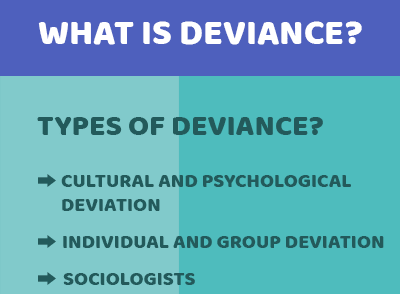Discuss the important input functions of Political System?
The functions of the political system are classified as input and output. The important input political system functions are:
Political Socialization and Recruitment:
Political socialization is the process whereby the individual internalizes the norms, values, beliefs of the political culture of his society. He further internalizes the specific political ideology by adhering to a particular political party. Political socialization can be defined as a process of socializing in a political system through information on political symbols, institutions and procedures and internalizing the value system and ideology supporting the system. It is also a process of acquisition of political culture.
This process works at individual as well as at community level through cultural transmission. It is one of the most important functions of the political system. It is also part of the general socialization which starts at the later life.
The two important components are:
- Inculcation of general values and norms regarding political behaviour and political matters and
- The induction of an individual or some people into a particular party and learning its ideology and action programs.The role played by mass-media is equally important in educating the masses and clearing their views for making informed decisions regarding political affairs. It plays a very crucial role during elections.
Political actions are determined both by the objective situations in which political actors find themselves (for example, the constraints and rewards imposed by the environment, including the political institutions) and by the predispositions that citizens and their leaders have acquired through prior experience their political goals, expectations about the rules of the game of policies, conceptions of the legitimacy of men and institutions, group loyalties, assumptions about “human nature,” and orientations toward authority.
The nature of these predispositions and the processes through which they are acquired are matters of crucial political importance. For example, the political socialization process of a society may contribute to stability or instability, to continuity or change, to high or low levels of public political participation.
Political recruitment means entering into the political areas and assuming political roles. In patriarchal societies, political recruitment occurs from dominant social groups such as healthy, aristocratic families. In broad-based societies marked by competitiveness, people enter politics primarily from urban middle class e.g. India. However, through social mobility, people from other classes too enter into the political area.
Interest Articulation:
Expression of one’s needs and problems collectively through groups or associations to make the Government responsible to their needs is interest articulation. This articulation of interest can be through Institutional interest group e.g. church, army, Associations interest group e.g. trade unions, traders associations, Non-associations interest groups i.e. grievance is articulated through informal groups such as delegation, Anomie interest groups i.e. Ad-hoc groups which are unstable and short lived e.g. demonstration.
Interest Aggregation:
The varying demands of the groups needs to be sorted out and consolidated by the Government into its policies. That is called interest aggregation. This is a specialized function in a developed policy, but may be combined with interest articulation in a diffused political system. A multi-party system serves the purpose of demands being taken into consideration while in a dominant party system aggregating interests becomes a difficult task.
Political Communication:
An effective, responsible communication is significant to the development of a political system. Restrictions on the media prohibits an unbiased flow of information. In modern societies the Government makes use of the media, by controlling it and screens the information which is to be given to the people.
Government Functions:
The output functions are rule-making, which is done by the legislative, rule enforcement, through the executive with the help of the bureaucracy, rule adjudication, which is done by the judiciary. Modern democratic system has a separation of power among the various parts of the government discharge their respective functions. The following are the three political functions of the government:
- Institutionalization of patterns of making laws for regulating society.
- Resolving social conflicts through institutionalized patterns.
- Planning the governance of the state and implementing the institutionalized patterns.
Political Processes:
Political processes are the transactions which take place in a political system. It may be within the political system or between systems in the society.



